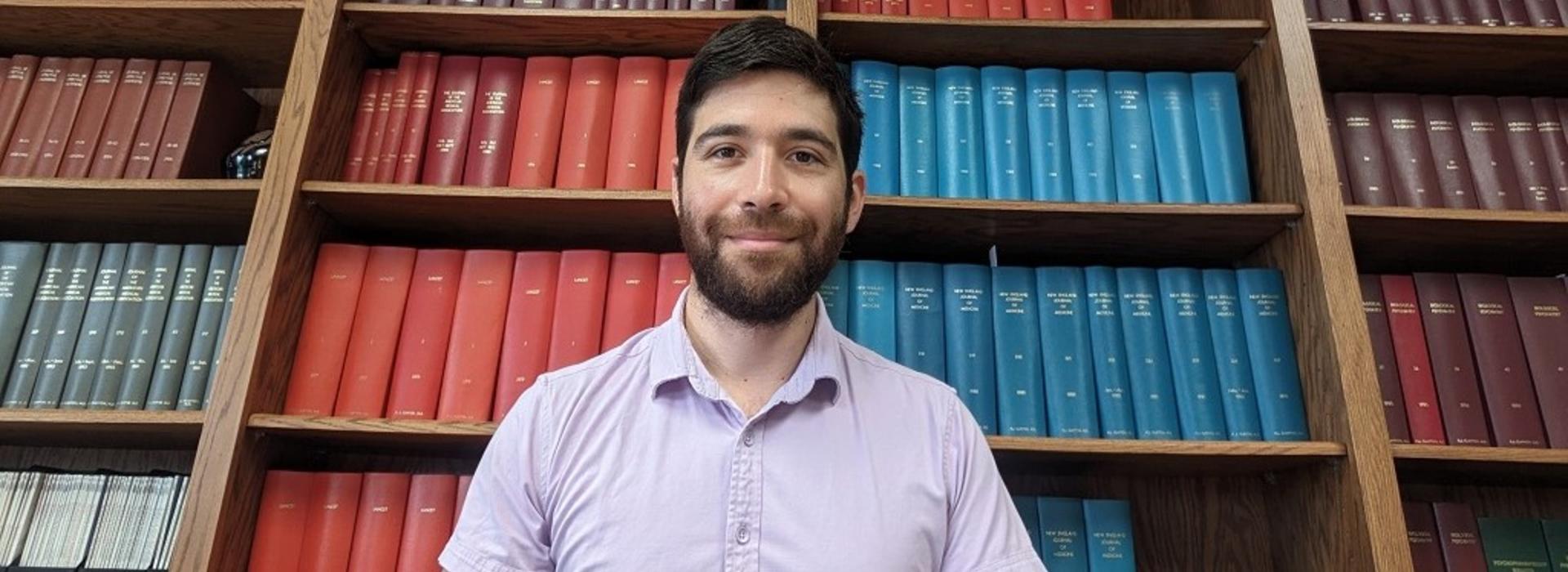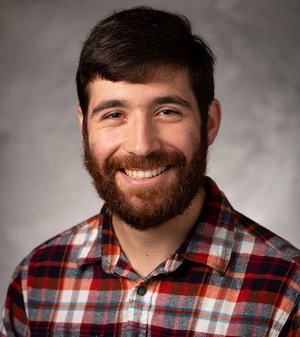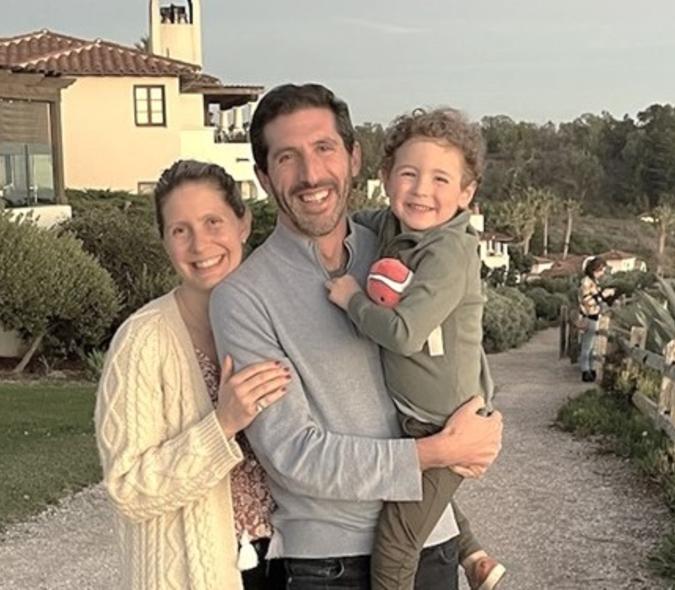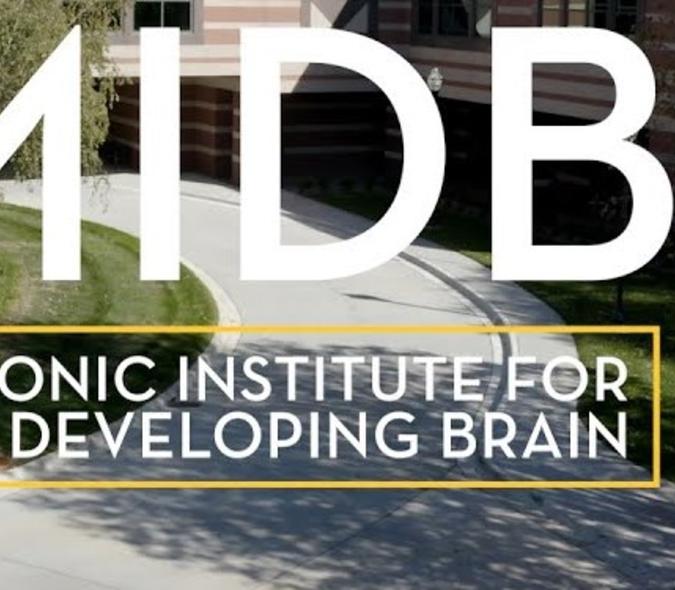
New faculty member focuses on understanding the etiology of beliefs that conflict with reality
As an experimental psychopathologist, newly minted Department of Psychiatry and Behavioral Sciences Assistant Professor, Michael Bronstein, PhD, is interested in exploring the causes of beliefs that conflict with reality. These beliefs include delusions, which he describes as, “The fixed, false, and idiosyncratic beliefs often held by individuals with severe mental illnesses, such as schizophrenia.” Having recently joined the faculty, he will continue to build on those explorations, spending 80 percent of his time doing research with the Department and 20 percent with the Institute for Health Informatics (IHI).
Bronstein plans to keep building on the work he started in 2020 as a postdoctoral associate in the CoTipp (Cognitive Training, Imaging, and Precision Psychiatry) Lab led by Department Head Sophia Vinogradov, MD. “Being a postdoc at the University of Minnesota was great preparation for my new role,” he said. “It gave me the opportunity to practice the daily activities of my current position – such as writing grants and manuscripts, mentoring trainees, and analyzing data – in a relatively protected environment. It also gave me a head start on making connections with my colleagues and the chance to learn specific data science skills from local investigators.”
Good place for his work

The University is a good place for Bronstein’s work because this work lies at the intersection of experimental psychopathology and data science. “Our Department both values and fosters collaboration within and across disciplines,” he said. “In addition, IHI has a deep bench of scientists focused on causal machine learning – a family of methods I often apply in my work – which is relatively rare given the cutting-edge nature of that subfield. And with the University’s strong history in high-performance computing, I have access to unique resources that are extremely helpful for my data science research, such as free supercomputer use.”
Bronstein’s research aims to better specify cognitive pathways that lead to and maintain discrepancies between beliefs and reality. He examines how these pathways might operate in the context of different forms of psychopathology (e.g., depression, psychosis) as well as in the general population, such as when individuals endorse beliefs inspired by fake news.
Cognitive bases of delusions
As Bronstein got deeper into his investigations, he began to realize that some of the same cognitive processes that contribute to delusions are likely involved in more pedestrian false beliefs, such as those inspired by political and medical misinformation. “I hope that by placing research on the cognitive bases of delusions in conversation with research on more everyday false beliefs, we will accelerate the pace of discovery,” he said. “I also hope that highlighting the shared cognitive bases of these different false beliefs will help society empathize more with people who endorse delusions and eventually reduce associated stigma.”
Bronstein received his PhD from Yale University and his BS in psychology (with honors) from Washington and Lee University in Lexington, VA. He earned several awards and accolades while in school and has published numerous journal articles, many as first author. He has also applied for and received several research grants. As a younger man, be reached the level of Eagle Scout.
When he has spare time, Bronstein enjoys running and biking on trails in the Twin Cities. “Because I joined the U during the pandemic, the lakes and trees were some of the first Minnesotans I met and got to spend quality time with,” he said.



